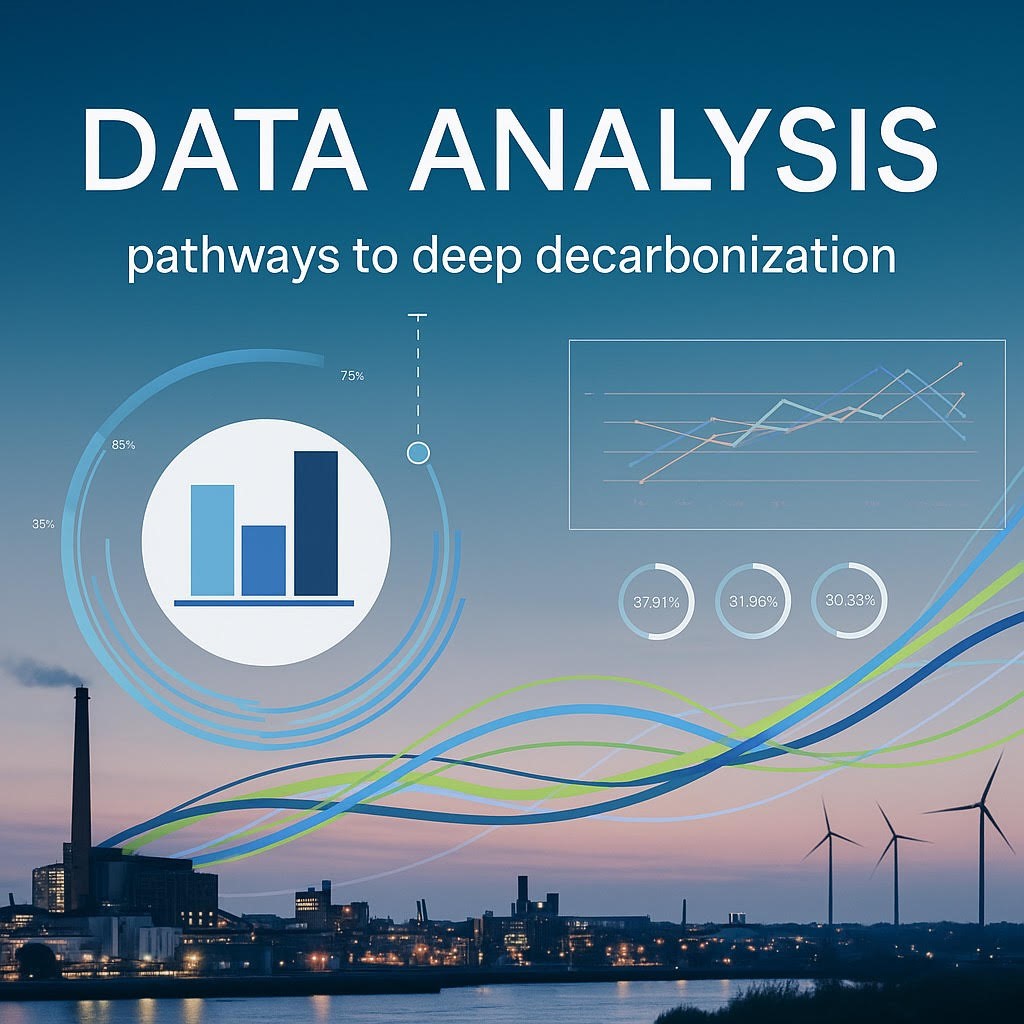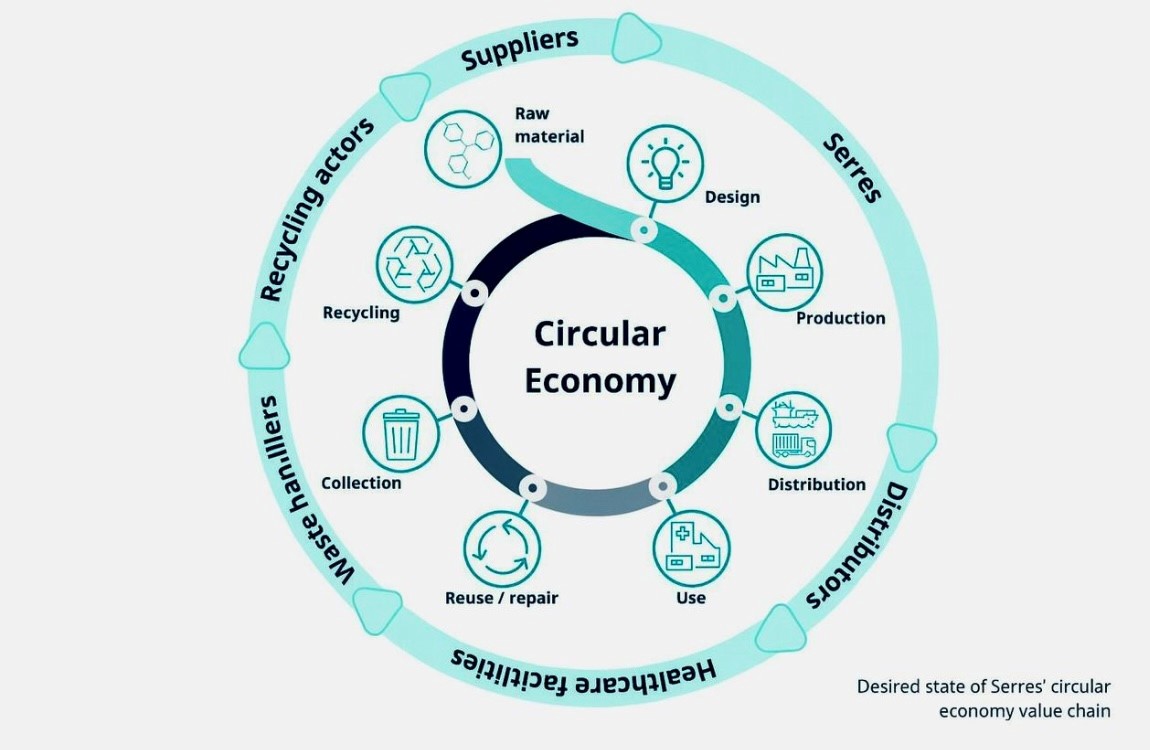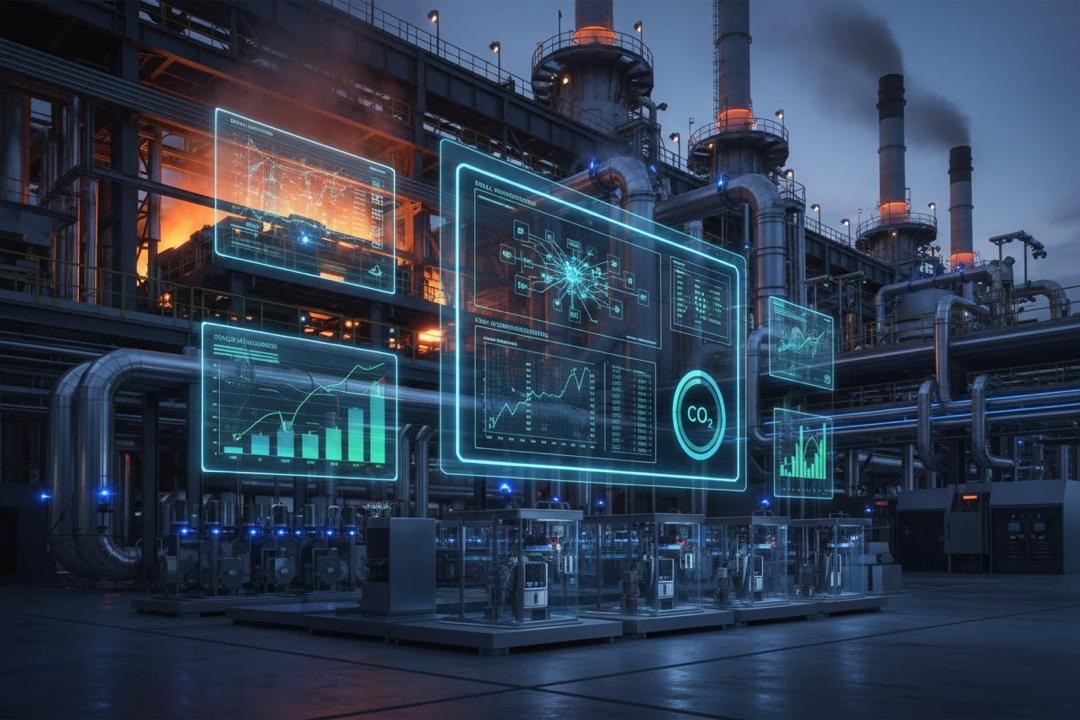In today’s rapidly evolving industrial landscape, reducing carbon emissions is no longer just an environmental responsibility—it’s a business imperative. Smart analytics is emerging as a game-changing tool, enabling companies to monitor, manage, and optimize their carbon footprint like never before.
What is Smart Analytics for Decarbonization?
Smart analytics refers to the use of advanced data processing, machine learning, and real-time monitoring to track carbon emissions, identify inefficiencies, and guide strategic decisions for emission reduction. By transforming raw data from sensors and operational systems into actionable insights, companies can make informed choices to decarbonize effectively.
Key Benefits
1. Real-Time Monitoring:
Industrial operations can track emissions in real time, quickly identifying spikes or inefficiencies in energy use.
2. Data-Driven Decision Making:
Analytics platforms provide insights into which processes, machines, or energy sources contribute most to emissions, enabling targeted interventions.
3. Predictive Optimization:
By analyzing historical data, companies can forecast emissions trends, optimize production schedules, and proactively reduce carbon output.
4. Regulatory Compliance & Reporting:
Smart analytics simplifies reporting for environmental regulations, sustainability certifications, and ESG commitments.
- Steel and Cement Manufacturing: Optimize furnace operations and material inputs to reduce CO₂ emissions.
- Energy & Utilities: Monitor power grids and renewable integration to minimize reliance on fossil fuels.
- Logistics & Transportation: Analyze routes and fuel consumption to reduce fleet emissions efficiently.
The Future of Decarbonization
As industries move toward net-zero goals, smart analytics will become indispensable. Companies that embrace data-driven strategies can not only reduce emissions but also lower costs, improve efficiency, and strengthen their sustainability credentials.
Conclusion
Smart analytics bridges the gap between sustainability goals and operational reality. By leveraging real-time insights and predictive tools, businesses can accelerate their decarbonization journey while staying competitive in an increasingly eco-conscious market.



